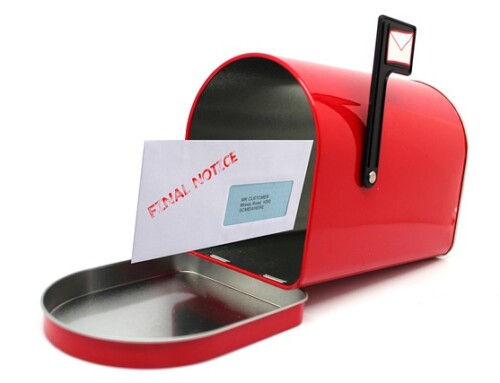Top Three Legal Pitfalls For Tenants To Be Aware Of Before Signing A Lease Contract
If you are a tenant looking at renting a new place, there are always potential traps. Below are the top three legal pitfalls you should to be aware of before signing that new lease contract.
1. Inspect the Condition of Property.
Be sure you have a chance to walk through the property, and consider hiring a professional inspector to do an inspection for you. In both residential and commercial leases, the contracts will usually contain representations that you have in fact inspected the property and find it to be acceptable and/or in “good condition.” Some residential leases may allow you to complete and return a list of broken or damaged items within a certain number of days following the start of the lease, but commercial leases do not typically provide that luxury.
Also, the lease will require you to return possession of the property to the landlord at the end of the lease in the same condition, except for reasonable wear and tear. As a result, you need to address any pre-existing problems at the beginning of the lease, so that the landlord does not hold you responsible for them at the end.
2. Repair and Maintenance.
All leases will deal with the landlord’s and your respective repair and maintenance obligations, particularly big ticket items like:
• HVAC systems;
• Electrical and plumbing systems;
• Appliances;
• Interior and exterior walls, doors and windows; and
• Parking lots and other common areas.
In residential leases, the landlord may be responsible for most repairs unless you intentionally misuse or negligently cause the damage. In some commercial leases, however, the landlord may shift all the repair and maintenance responsibilities to you (or to you and the other tenants collectively if your property is in multi-unit structure).
Regardless of whether the lease is long-term or short-term, be sure you understand these responsibilities so you can be prepared for any potential repairs. Also, if the landlord is going to hold you responsible for larger repairs, consider doing a more detailed inspection of those items before signing to better gauge the likelihood of repairs (and perhaps use this to get some rent or other concessions from the landlord).
3. Landlord Remedies.
No one goes into a new lease agreement with the intention of breaching the lease. But let’s be honest, no one can predict the future. And a landlord will always try to stack the cards in its favor when it comes to remedies.
So, if you breach the lease (intentionally or unintentionally), be sure you understand what rights you may or may not have. For example, do you have a grace period for making rent payments? Does the landlord need to give you notice and an opportunity to cure a breach before trying to kick you out? Also, you may have certain rights by law which limit the landlord’s remedies and/or provide you certain rights following a breach.
Conclusion
These three pitfalls can catch even experienced individuals and businesses off guard if they are not careful. If you have question or concerns about your new lease agreement, contact an experienced landlord-tenant attorney in your area.
All information and other content on this site is for informational purposes only. It is not legal advice. You should not rely in any manner upon the information on this site or otherwise construe it as a legal opinion or legal advice. Consult with your lawyer regarding your particular issues and circumstances.
Looking for a freelance legal writer to help with your legal blog or other content? Contact me today!


